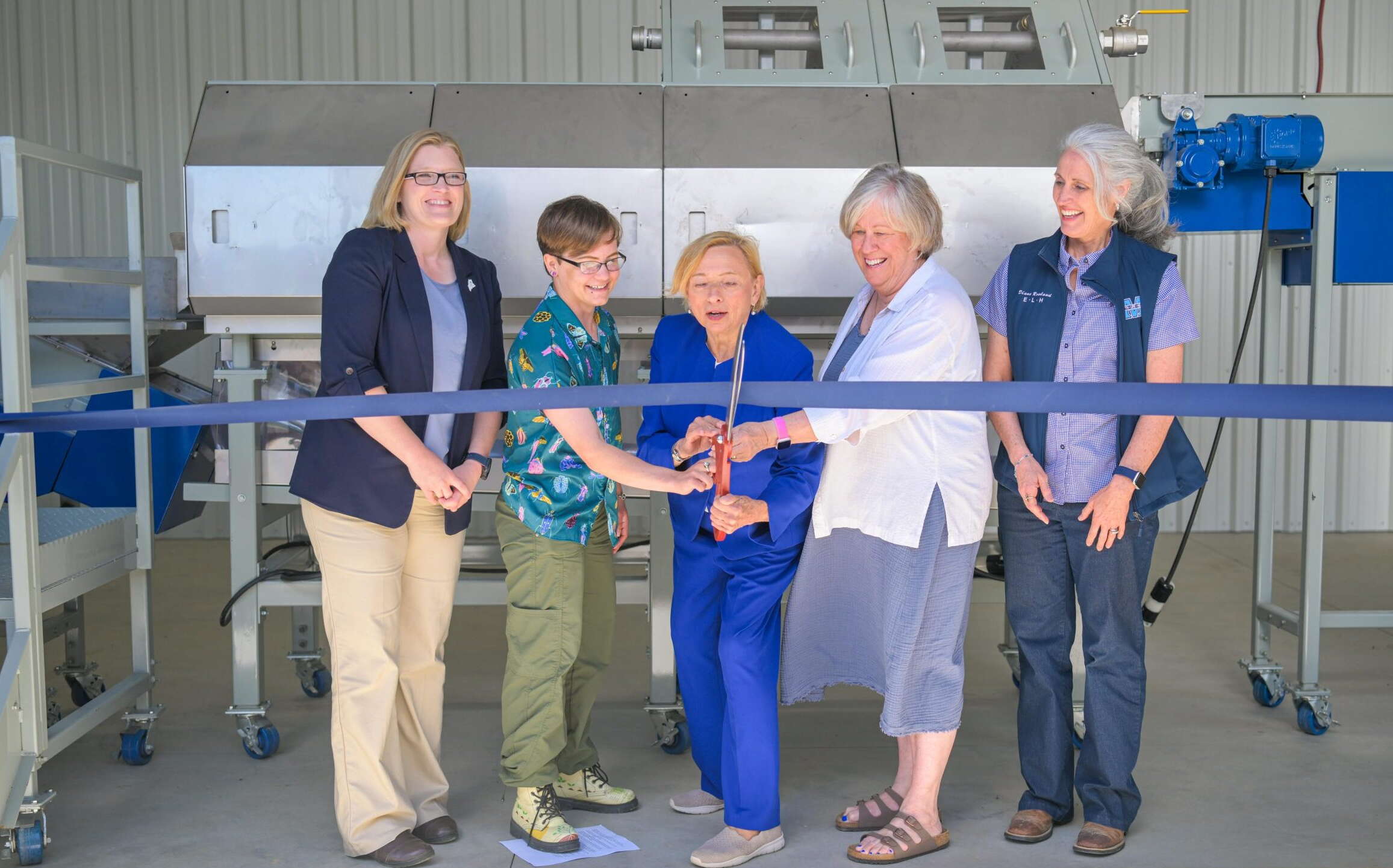
In Aroostook County, $3M renovation of R&D farm could speed potato innovations
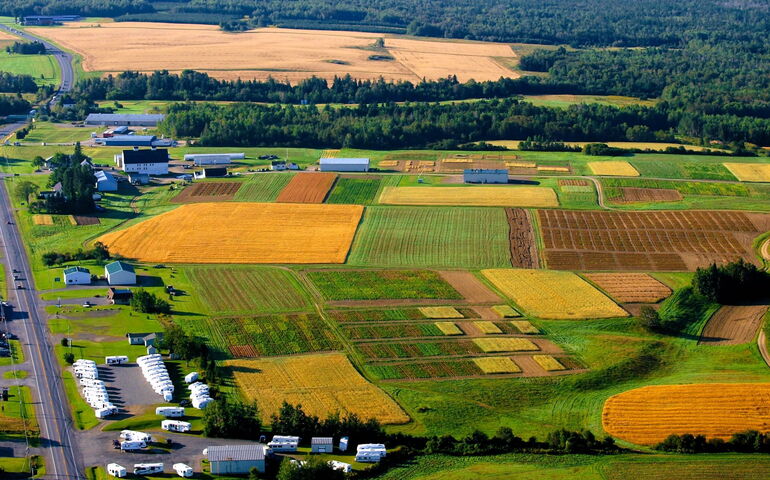 Photo / Courtesy University of Maine
Aroostook Farm in Presque Isle received upgraded facilities and technology to accelerate development of more potato varieties.
Photo / Courtesy University of Maine
Aroostook Farm in Presque Isle received upgraded facilities and technology to accelerate development of more potato varieties.
When a new variety of potato called the Caribou Russet was released in 2015, it became the top seed potato variety planted in Maine.
Developing a new potato variety typically takes 10 to 12 years. The Presque Island research farm that developed the Caribou Russet wants to accelerate that timeline to support the state’s $1.3 billion potato economy, and recently completed $3 million in updated technology and facilities in pursuit of that quest.
The University of Maine’s 425-acre Aroostook Farm, at 59 Houlton Road, cut the ribbon last week on the renovation, which included a potato storage building converted into a lab, new DNA phenotyping and imaging equipment, optical sorters, sensors and machines that detect sugar levels.

For the fields, drones were acquired that are expected to more efficiently monitor and manage nearly 6,000 test plots, allowing for a better understanding of how changing conditions, including weather and pests, affect each variety under development.
“The investments made here will help develop the next Caribou Russet more quickly and the next generation of researchers necessary for our industry to adapt and continue producing the highest-quality potatoes in the world right here in Maine,” said Jeannie Tapley, Maine Potato Board’s executive director, who attended the ribbon-cutting with Gov. Janet Mills and other leaders of the University of Maine and the board.
Maine is one of three states where potato production expanded between 2000 and 2022.
The industry has a $1.3 billion annual economic impact in the state, supporting more than 6,500 jobs, according to a 2024 UMaine report.
The timing is fortuitous. A 96,000-square-foot potato chip plant under construction in nearby Limestone, expected to open by April 2026, is slated to use up to 1,500 acres of Aroostook County potatoes annually and employ 40 to 60 people.
Drone monitoring
Established in 1914, the farm’s focus on potatoes has included diseases affecting the plants, issues affecting the culinary quality such as handling and storage and new uses for potatoes, such as potato chips.
In the 1930s, as potatoes became the staple crop in Aroostook County, economists at the University of Maine campus began studying the costs and returns of growing potatoes on privately owned farms throughout the county, and how best to market them to both in-state and out-of-state consumers.
The 1950s saw increased focus on mechanized harvesting and handling techniques, while economists at the University of Maine in Orono worked to expand the market for Maine potatoes, for consumption and use as seed throughout the eastern U.S. Beginning in the 1990s, research turned toward establishing more ecologically sound management practices.
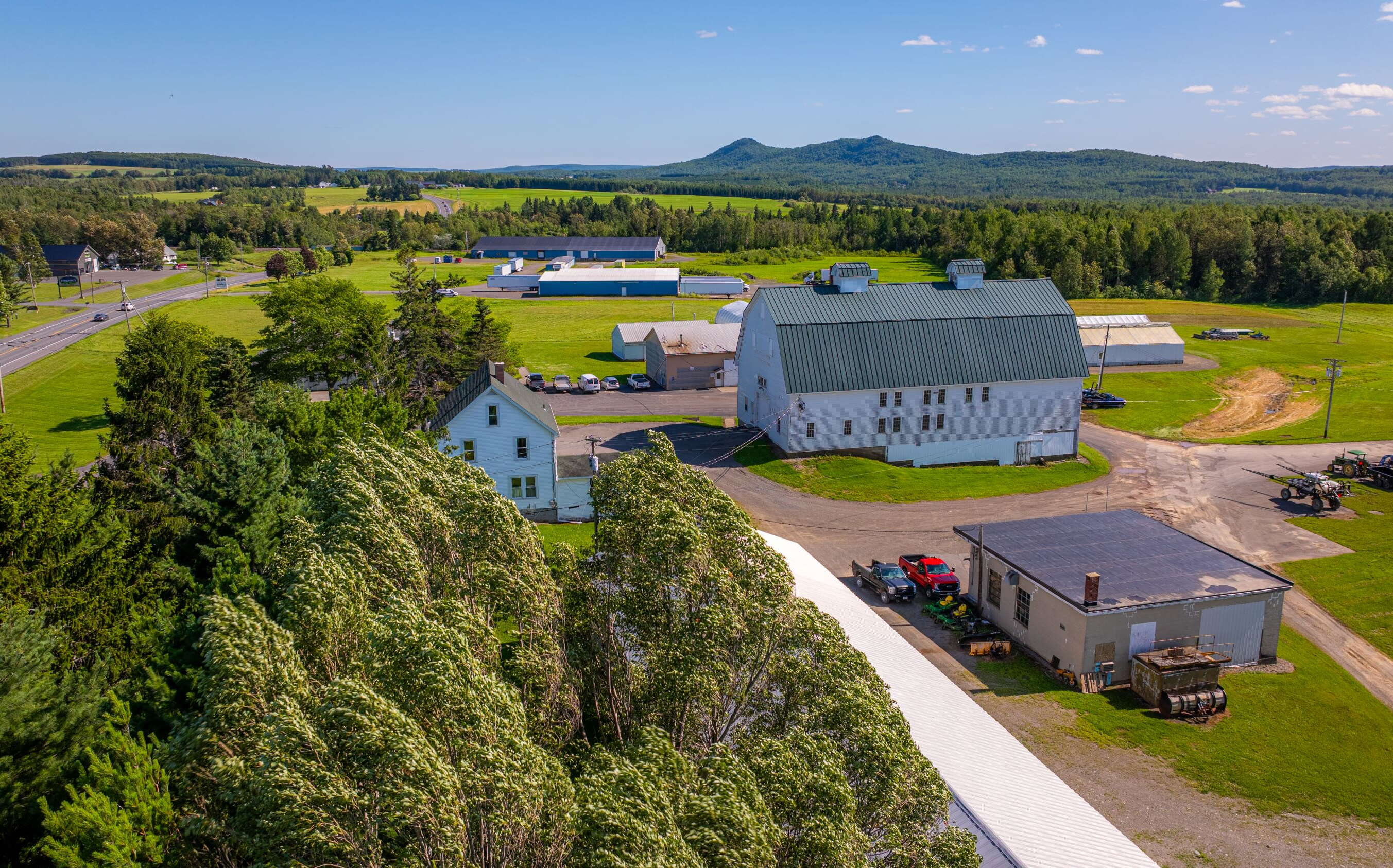
Recent research includes development and testing of new potato varieties.
The high-yield Caribou Russet was intentionally bred to be disease-resistant and tolerant of weather-related stress.
Developing a new potato variety typically takes 10 to 12 years, requiring evaluation of multiple potential varieties in the pipeline at a time.
Changing climate and markets necessitate speeding up that process. It’s expected that can be achieved by measuring and assessing yield and other characteristics of more potential varieties simultaneously.
The advanced technology improvements are expected to make that possible.
“With tools like drones that will fly over the farm’s nearly 6,000 test plots, the Aroostook Farm will help agriculture students better determine which potato varieties are most resistant to weather, pests and disease, and develop successful new varieties, like the Caribou Russet, to keep Maine-grown potatoes in high demand,” said Mills.
Internships
The modernization was funded using $3 million of $35 million provided to the University of Maine System through the Maine Jobs & Recovery Plan. The Maine Potato Board and Farm Credit East’s agricultural credit association also contributed.
A portion of funds are supporting paid internships at the farm for dozens of students from UMaine’s land grant college, the University of Maine at Presque Isle and the University of Maine at Farmington.
“Modern research facilities are necessary to deliver the skilled talent and cutting-edge innovation Maine needs to compete in the 21st-century global economy,” said Joan Ferrini-Mundy, UMaine’s president and University of Maine Systems’ vice chancellor for research and innovation
It’s expected the technologies will deliver new varieties to farmers more quickly and with greater certainty.
Aroostook Farm is the largest of the University of Maine’s five experimental farms.






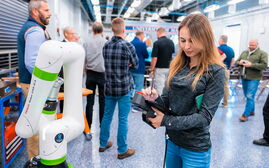

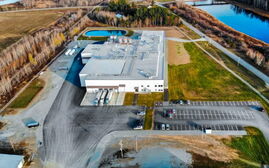
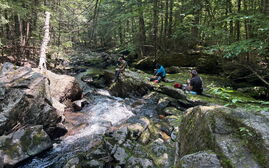




0 Comments